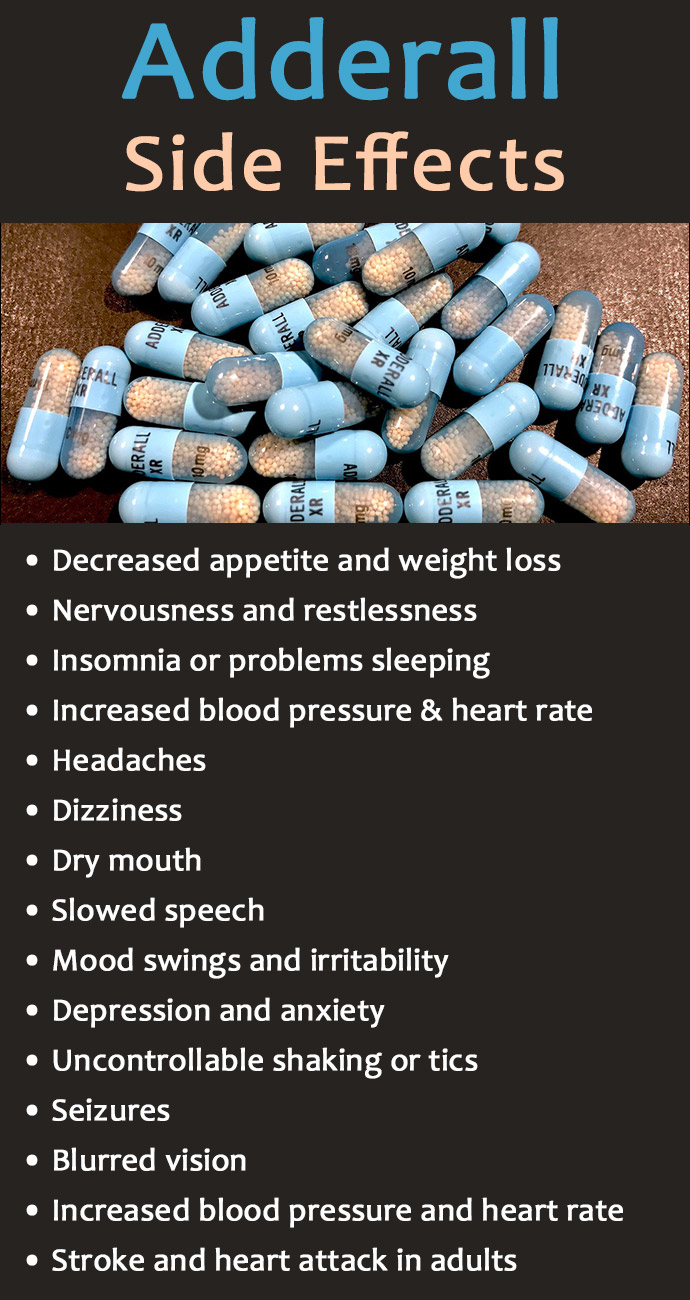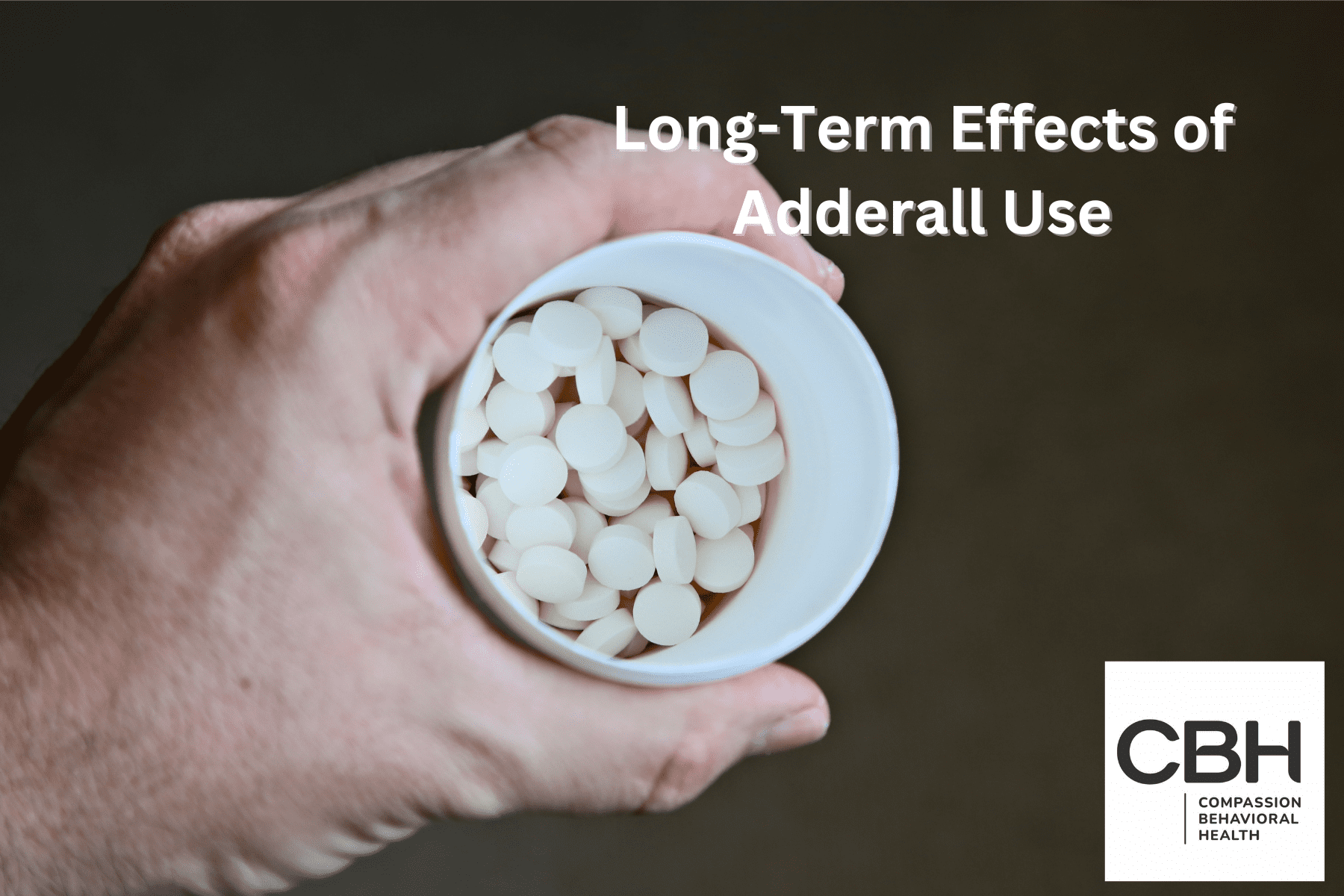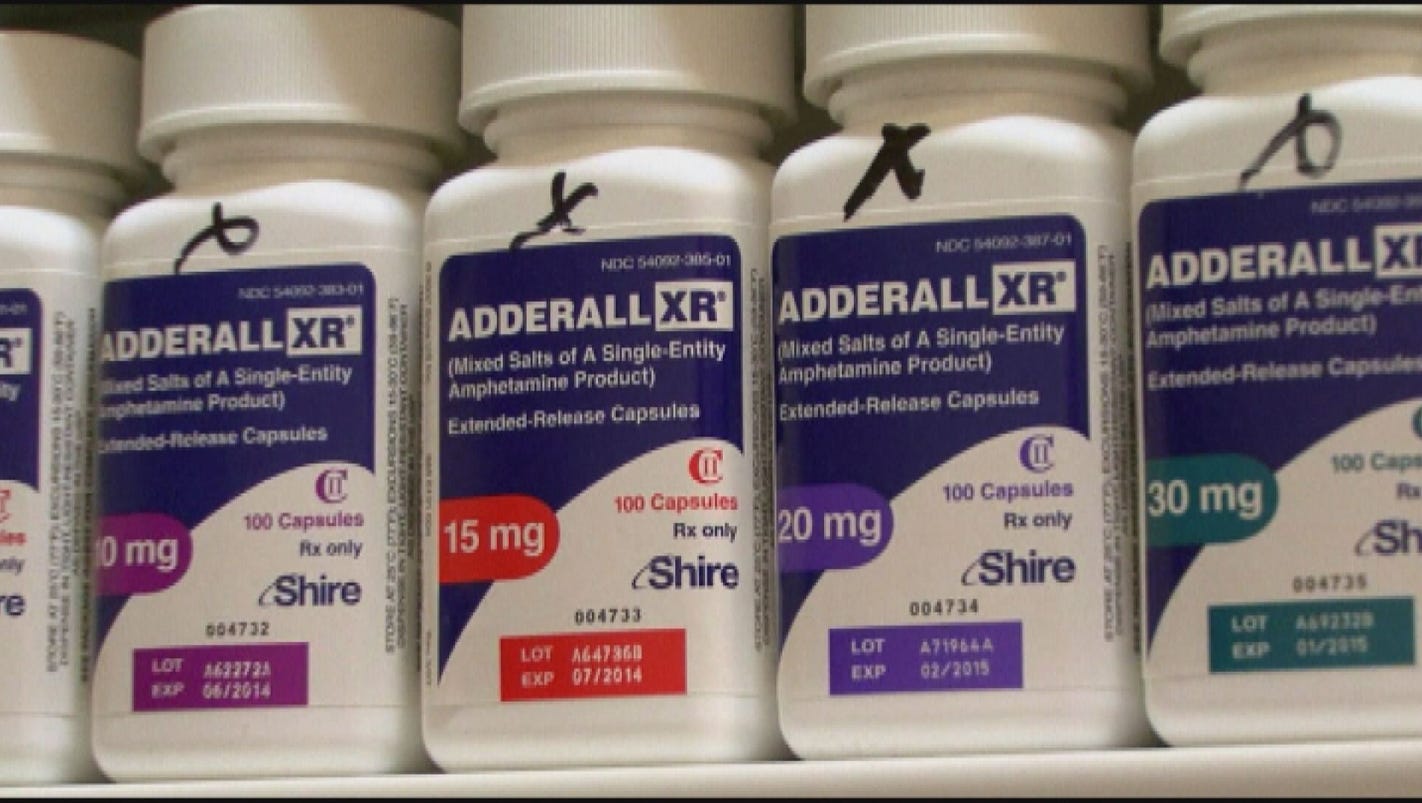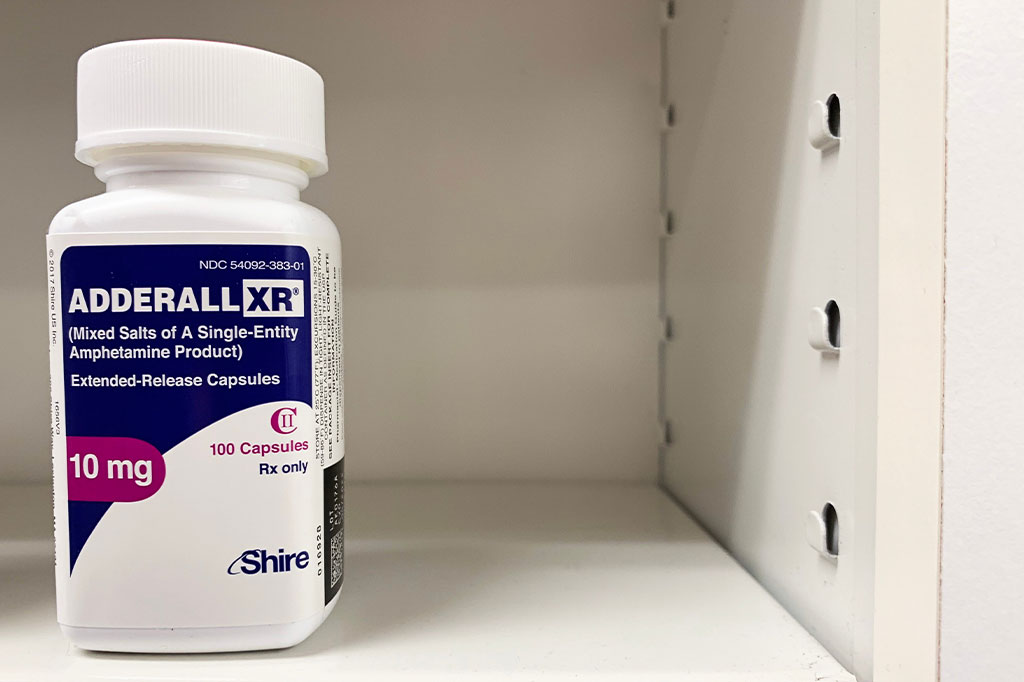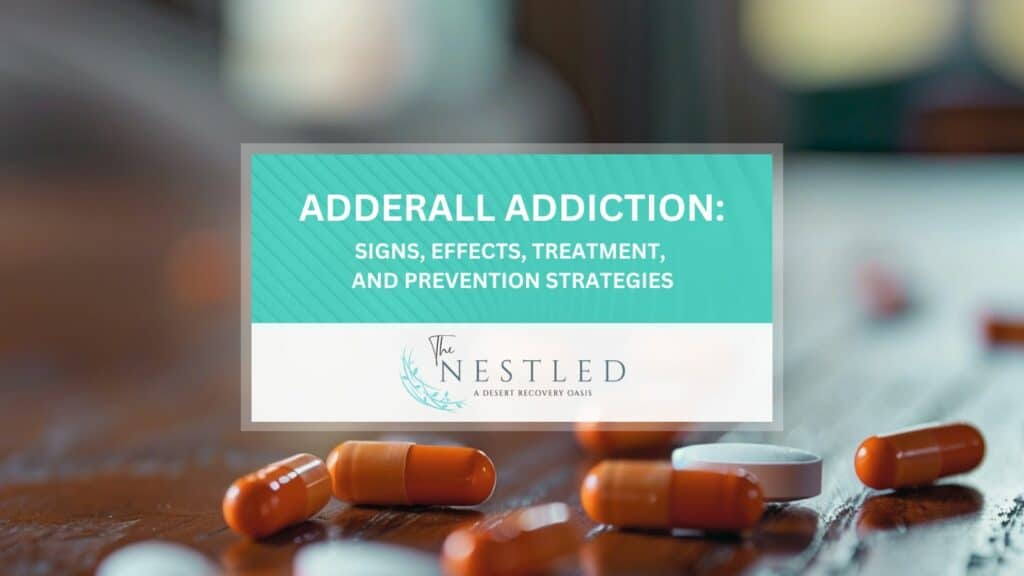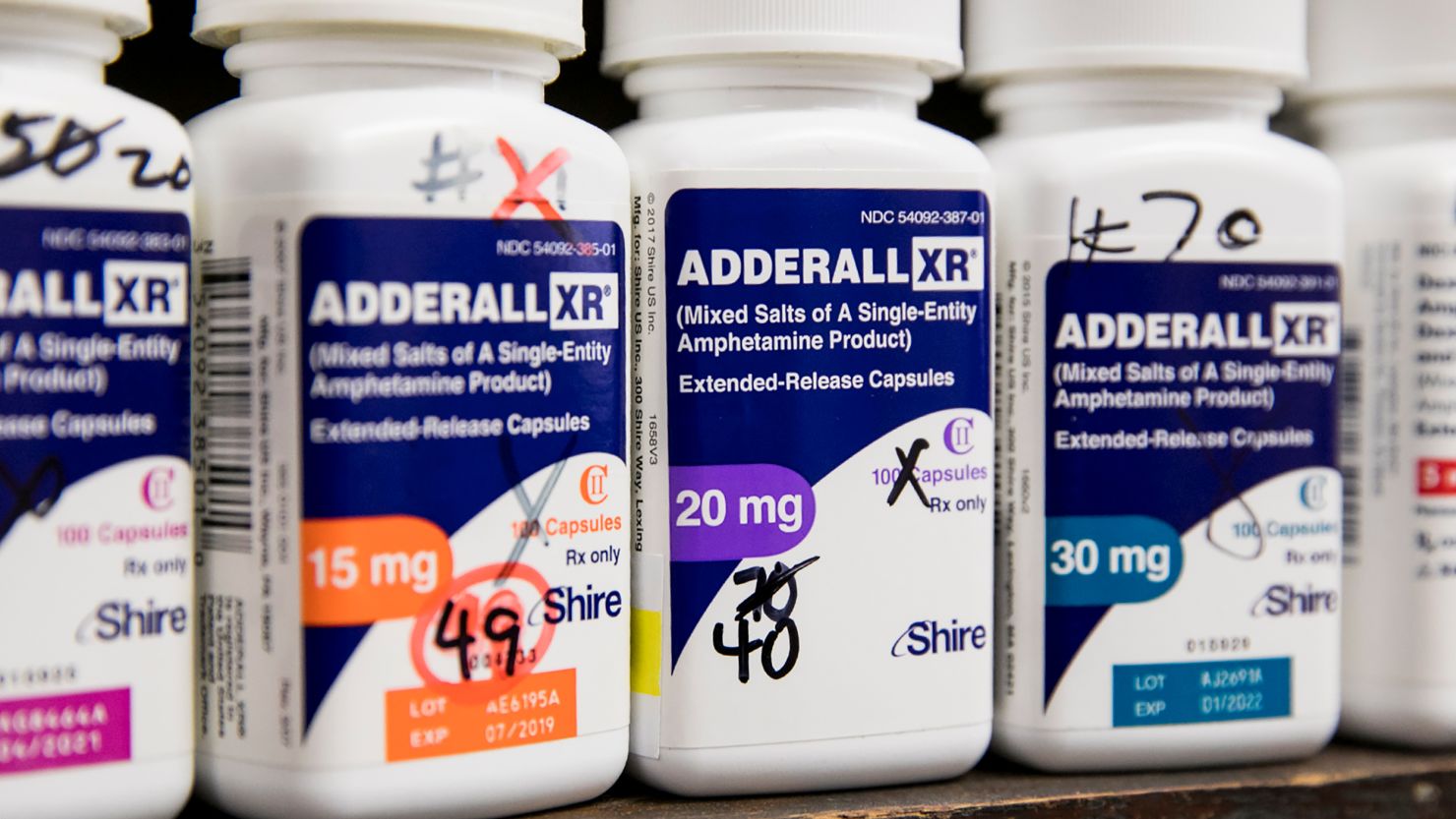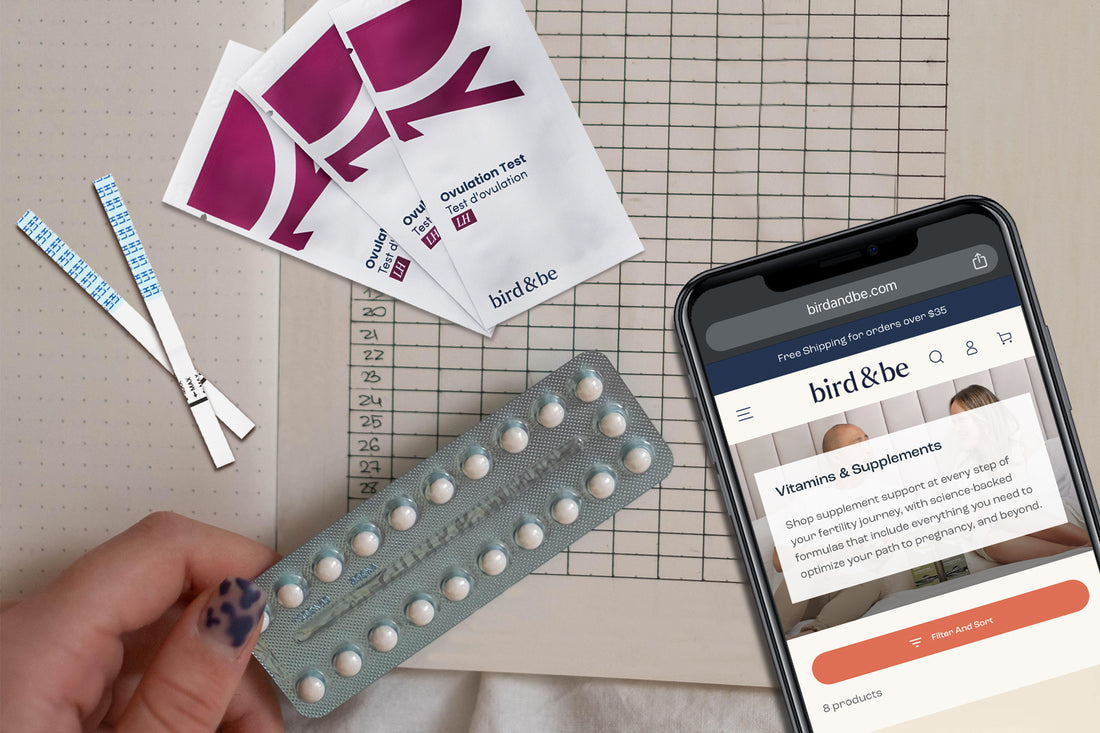Does Adderall Affect Fertility In Females

The rising prevalence of Adderall use among women of reproductive age has sparked increasing concern about its potential impact on fertility. While the drug is widely prescribed for Attention Deficit Hyperactivity Disorder (ADHD), the question of how it affects a woman's ability to conceive remains a complex and evolving area of research.
The relationship between Adderall and female fertility is not definitively established. Available studies offer a mixed bag of findings, and experts caution against drawing sweeping conclusions without further research. This article aims to explore the current state of knowledge, examining the potential mechanisms by which Adderall might influence fertility and highlighting areas where more investigation is needed.
What is Adderall and Why is it Prescribed?
Adderall is a stimulant medication primarily composed of amphetamine and dextroamphetamine. It works by increasing the levels of dopamine and norepinephrine in the brain, neurotransmitters that play crucial roles in focus, attention, and impulse control. It is frequently prescribed to treat ADHD, a neurodevelopmental disorder characterized by inattention, hyperactivity, and impulsivity.
The medication helps improve focus and reduce impulsivity in individuals with ADHD, allowing them to function more effectively in daily life. Its effectiveness has led to a significant increase in prescriptions over the past few decades. This increase is notable, especially among young adults and women, raising concerns regarding the potential effects on reproductive health.
Potential Mechanisms of Impact on Fertility
The precise ways in which Adderall may affect female fertility are still under investigation. Several potential mechanisms have been proposed by researchers. These include hormonal imbalances, menstrual cycle disruptions, and indirect effects related to lifestyle factors often associated with ADHD and its treatment.
One potential mechanism involves the hypothalamic-pituitary-ovarian (HPO) axis. This axis is responsible for regulating reproductive hormones. Adderall's impact on neurotransmitter levels could potentially disrupt the delicate balance of hormones like luteinizing hormone (LH) and follicle-stimulating hormone (FSH), both crucial for ovulation and fertility.
Another consideration is the potential for menstrual cycle irregularities. Some women taking stimulants like Adderall report changes in their menstrual cycle, including missed periods or irregular bleeding. These disruptions can complicate conception by making it difficult to predict ovulation.
Furthermore, Adderall can affect sleep patterns and appetite, potentially impacting overall health and indirectly influencing fertility. Chronic sleep deprivation and poor nutrition can negatively impact hormonal balance and reproductive function. This link is important because untreated ADHD is frequently associated with similar lifestyle patterns.
Research Findings: A Mixed Bag
Currently, the available research on Adderall and female fertility is limited and often inconclusive. Many studies are small, retrospective, or lack control groups, making it difficult to establish a direct causal relationship. Furthermore, research on humans is limited by ethical constraints, so animal studies are sometimes cited.
Some studies suggest a possible association between stimulant use and delayed time to pregnancy. However, these studies often fail to account for confounding factors such as age, weight, other medical conditions, and lifestyle choices that can independently affect fertility. These factors make it difficult to isolate the specific effect of Adderall.
Other research has found no significant association between Adderall use and fertility problems. These studies often highlight the complexity of infertility, emphasizing the multiple factors that can contribute to difficulties conceiving. They suggest that Adderall may be just one piece of a larger puzzle.
Expert Opinions and Recommendations
Medical professionals generally advise caution when considering Adderall use during family planning. Dr. Jane Doe, a reproductive endocrinologist at the Fertility Institute of America, advises patients to openly discuss their medication use with their healthcare provider. "It's essential to have an informed conversation about the potential risks and benefits, considering individual circumstances and medical history," she states.
Many experts recommend exploring alternative treatments for ADHD, such as behavioral therapy or non-stimulant medications, if pregnancy is desired. This could potentially mitigate any risks associated with stimulant use. It is important to make these decisions with the guidance of a qualified medical professional.
For women who need to continue taking Adderall, careful monitoring of their menstrual cycle and hormone levels is often recommended. This monitoring can help detect any potential disruptions that may affect fertility. It's best to consult a healthcare professional about options and the need for monitoring.
The Importance of Open Communication
Open communication between patients and their healthcare providers is crucial. This includes discussing all medications being taken, including Adderall, as well as any concerns about fertility. A thorough medical history and physical examination can help assess individual risk factors.
Women considering pregnancy should discuss their ADHD treatment plan with their doctor. Together, they can evaluate the potential risks and benefits of continuing Adderall. They can also explore alternative treatment options and implement strategies to minimize any potential impact on fertility. The end result would be a plan that is safe for mother and baby.
Conclusion
The question of whether Adderall affects female fertility remains a topic of ongoing research and debate. While some studies suggest a potential association, the evidence is not conclusive. More high-quality research is needed to fully understand the complex relationship between Adderall and reproductive health.
Until further research clarifies the risks, women of reproductive age taking Adderall should engage in open and honest conversations with their healthcare providers. By working together, patients and doctors can make informed decisions about treatment plans that prioritize both mental health and reproductive well-being. This will help them make the safest choice for themselves and their families.
Ultimately, awareness, communication, and individualized medical guidance are essential in navigating the complexities of Adderall use and its potential impact on fertility.
